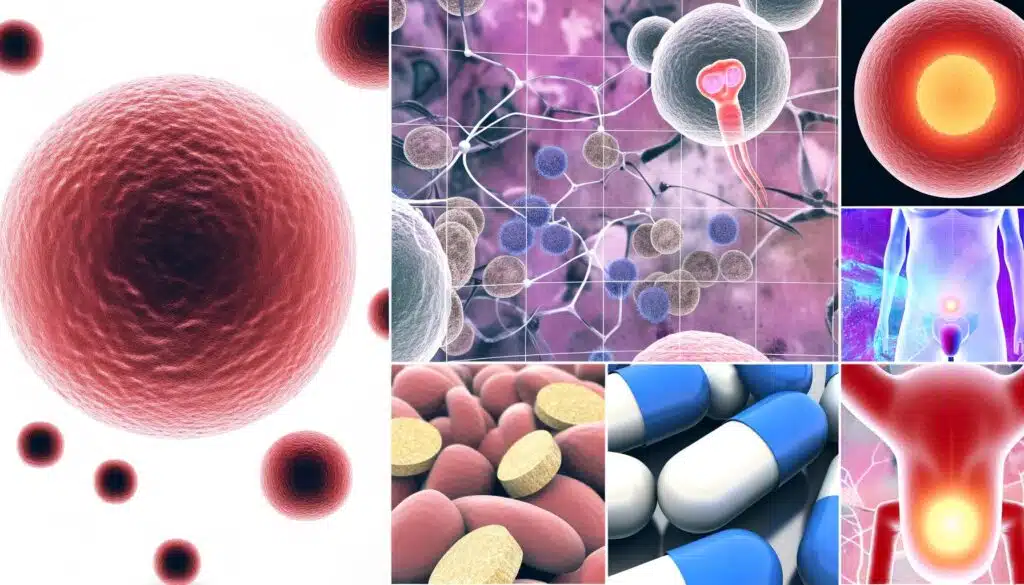Symptoms of Crohn's Disease
Crohn's Disease is a chronic inflammatory condition that primarily affects the gastrointestinal tract. Understanding the symptoms of Crohn's Disease is crucial for early diagnosis and effective management. The symptoms can vary widely from person to person, and they can range from mild to severe. Common symptoms of Crohn's Disease include abdominal pain, diarrhea, fatigue, and weight loss. These symptoms can significantly impact a person's quality of life and require ongoing medical attention.

One of the hallmark symptoms of Crohn's Disease is persistent abdominal pain. This pain is often crampy and can occur anywhere in the abdomen. It is typically related to inflammation and narrowing of the intestines, which are common in Crohn's Disease. The abdominal pain associated with Crohn's Disease can be severe and may lead individuals to alter their diet and lifestyle to manage the discomfort.
Diarrhea is another common symptom of Crohn's Disease. This can be chronic and may sometimes contain blood or mucus. Diarrhea in Crohn's Disease is caused by the inflammation and ulceration of the intestinal walls, which interfere with the body's ability to absorb nutrients and fluids properly. The severity and frequency of diarrhea can vary, but it is a persistent issue for many individuals with Crohn's Disease.
Fatigue is a less specific but significant symptom of Crohn's Disease. Chronic inflammation and the body's constant effort to fight it can lead to a feeling of exhaustion. Additionally, the nutritional deficiencies that often accompany Crohn's Disease, due to malabsorption, can contribute to this fatigue. Managing fatigue is an important aspect of managing Crohn's Disease, as it can affect daily activities and overall well-being.
Weight loss and malnutrition are also common in individuals with Crohn's Disease. Due to the inflammation in the digestive tract, the body may struggle to absorb nutrients effectively. This can lead to unintended weight loss and deficiencies in essential vitamins and minerals. For many with Crohn's Disease, maintaining a healthy weight and adequate nutrition requires careful dietary planning and sometimes supplemental nutrition.
In some cases, Crohn's Disease can cause symptoms outside of the gastrointestinal tract, known as extraintestinal manifestations. These can include joint pain, skin conditions, and eye inflammation. Recognizing these symptoms is important, as they can be indicative of Crohn's Disease and require additional treatment. Extraintestinal symptoms highlight the systemic nature of Crohn's Disease and its potential to affect various parts of the body.
In conclusion, the symptoms of Crohn's Disease are varied and can significantly impact those affected. Abdominal pain, diarrhea, fatigue, and weight loss are the most common symptoms, but the disease can also manifest in other ways. Early recognition and treatment of Crohn's Disease symptoms are essential for managing the condition and improving quality of life. Understanding the range of symptoms can help individuals seek appropriate medical care and make informed decisions about their health.

Deodorants That Actually Last Through Your Toughest Workouts

Hypertension Drugs: What Seniors Need to Know in 2025

Boost Your Performance Exploring Male Enhancement Gummies

Finding the Best Hearing Aid for Seniors

Your Complete Guide to Convenient and Comprehensive Physical Exams

Choosing the Right Medical Program in 2025

Discover the World on Your Plate: Why Imported Food Is America’s New Obsession







